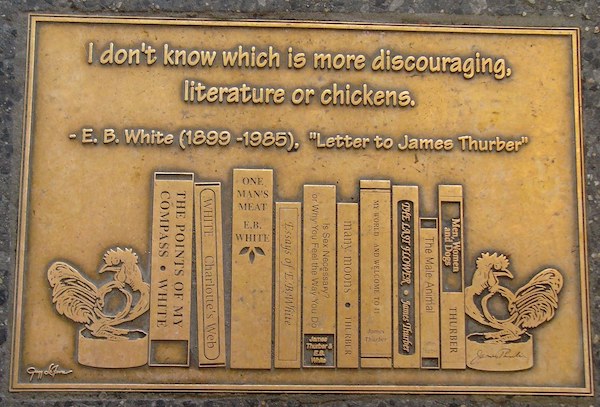Why every book needs an editor. (Even mine.)

I admit it. I’m an egotistical know-it-all when it comes to writing. But I need an editor, too.
(I’m not talking about a copy editor, whose job is to identify typos and grammatical errors. Of course I need one of those, as anyone who has spotted the typos in this blog realizes. So do you.)
No, I’m talking about my next book, a book for authors. And just like the rest of you, I need a substantive editor, someone who can review what I’ve written and make suggestions. (Unless you’re a very big name, your publisher won’t supply one of these — you need to hire one.)
Here’s where I come clean and explain why this post really exists. It’s present-day writer me writing a missive to future author me. Hey, Josh! Read this. And stop thinking you’re so freakin’ perfect that you can’t benefit from an intelligent read. Hire the damn editor before you submit that manuscript!
Why your book needs an editor
Here’s the kind of stuff the editor will find:
- Chapter 3 and chapter 9 cover mostly the same material — why don’t you combine them?
- Two-thirds of your chapter titles are noun phrases and the rest are sentences. They’d be better if they were all sentences.
- You should eliminate all instances of phrases like “this year” because you don’t know when people will be reading the book.
- They guy you quoted in Chapter 2 is going to be mightily pissed when he reads your criticism of his book in Chapter 8. You need to at least rationalize the two mentions.
- This part would be clearer with a diagram.
- That anonymized case study in Chapter 4? I figured out who it was with two minutes of Googling. You need to make it more anonymous.
- In some places, you use italics in every other sentence for two or three paragraphs. Sounds like you’re either shouting or very sarcastic. It’s a bad look.
- You use the following terms to refer to authors: author, writer, thought leader, copywriter, artist, creator, non-fiction writer, scribbler, creator of the x draft, . . . Was this intentional? I think you might be better off with less variety.
- What does “client” mean in the context of this book? You’ve used it to mean people who pay the author in the author’s business, authors who pay ghostwriters, and authors who hire various contractors. Should you clear up the differences?
- You have a six-step process, a four-part breakdown, a 12-point plan, and seven other frameworks. You need to either connect these in a rational way or reduce how many you have.
- Is it A.I. or AI? Jones’ or Jones’s? Developmental editor or substantive editor? Make your terminology consistent.
- There is a paragraph in Chapter 11 that is 95% the same as a paragraph in Chapter 3. Cut and paste error?
- Your use of the pronoun “you” refers, at different times, to readers, authors, and the general public. Will this confuse people?
- You put Charleston in the wrong Carolina. (Yes, I once did this. And yes, it got into print.)
- I counted, and 22% of the examples are about books you wrote, cowrote, ghostwrote, edited, or coached. Maybe you want to find some more diverse examples that you didn’t have your fingerprints on?
These are the kind of things an intelligent reader and substantive editor will find — even if you’re the world’s best writer.
So (Josh), hire that editor. Because of if the book is going to be credible advice, you want to fix these things before they get into print.
Wow, this post is a treasure, for me and for my clients. You know what they say about us when we start talking to ourselves, right? Thanks for doing it in a blog post for us all to see, Josh!
I live in North Carolina. We’d be happy to have Charleston. So, no harm done.
Typo in that last sentence … you need a copy editor, too!
PS Great blog!